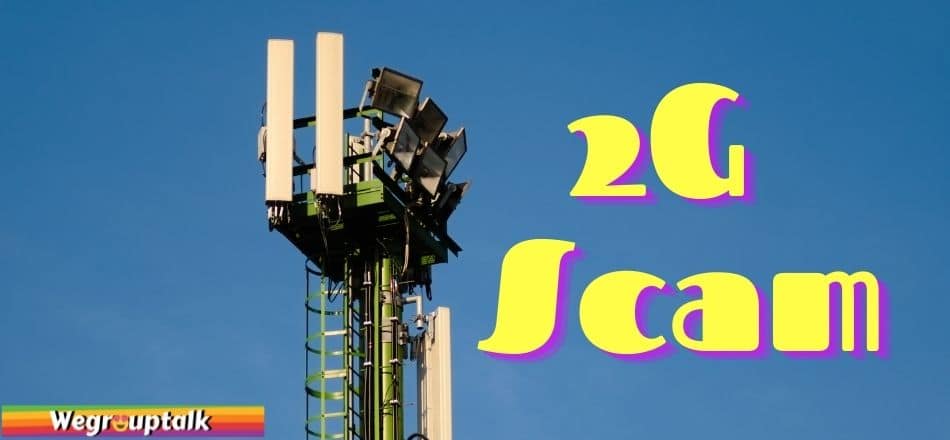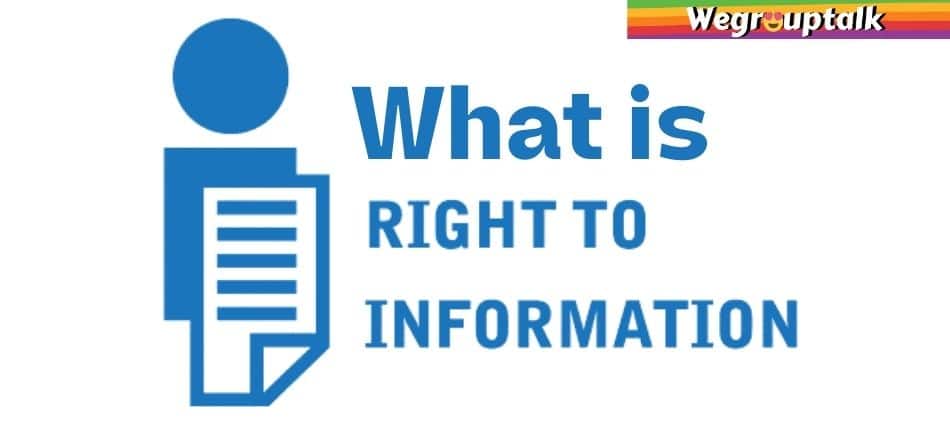RTI is called Right to Information. It is a part of fundamental rights under Article 19(1) of the Indian Constitution. Every citizen has the freedom to the right of speech and expression. It states that several Indian citizens can request information from the offices and departments under state or central governments. The advantage of this Act it is mandatory for all offices and departments that they must have to process such requests in a short period.
The objective of Right to Information (RTI)
The main objective is to be suitable to information for the citizens that they quickly access the information under the control of public authorities and promote transparency and accountability in every public administration. According to Section 20(1) of the RTI Act, The Central Information Commission (CIC) or the State Information Commission (SIC) has the power to impose a penalty on the PIO. The minimum amount of liability shall be Rs. Two hundred fifty per day, till the information, gets furnished, or the application is received, maximum to INR 25,000.
The penalty amount has to be paid by the PIO, not by the Public Authority. The CIC or the SIC will give the PIO a reasonable opportunity to hear before the penalty gets charged. The penalty would be set in that condition if:
- PIO not accepting an application who willing to seek information
- Delaying and disclosure of information without any reasonable cause
- Deny of information
- Knowingly giving incomplete, incorrect, or misleading information.
- Destroying information that has been requested
- Obstructing in providing the information in any manner.
History of RTI Act
In Rajasthan, labourers were refused their wages on charges of what they worked for in the year 1987. The Mazdoor Kissan Shakti Sanghatan (MKSS) group stood for those workers and fought for these workers and demanded that the government have to produce the necessary proof to verify the worker’s performance records. After many protests, the MKSS got the copies records, which also brought to the surface the corruption among all the officials.

The MKSS protested for the RTI. This protest turned into a national event that led to the Freedom of Information Act 2002. In 2005 it became the RTI act 2005. As per the record first RTI application was recorded in the year 2005.
Corruption is a global problem commonly faced by citizens. It leads to a lack of transparency, accountability, information, and many more. The government and individuals misuse power and money for their profit by taking examples of lobbying or transferring the funds in private sectors, which are known as public welfare.
Corruption bribes the selfishness of the person. It is an easy way to get a successful and luxurious life. Corruption threatens the transparency system of government like a weed in crops and accountability of citizens.
This Act was passed on 15 June 2005 by the Parliament and came into force on 13 October 2005. The right to information act, 2005, is not available for Non-Resident Indian NRIs and foreigners. This Act directly impacts the roots of corruption because it can easily be Accessible, affordable, less time-consuming, Transparency and Awareness that now leads to accountability.
Accessibility:
RTI consists of benefits like that it made it easy to access information to information seekers. Every citizen of India who requires any information under this Act. They easily can give requests in written form or via electronic mode in English or Hindi or in the other official language of such an area where the applicant requested the fee this Act.

Affordability:
RTI has made the information more affordable to India’s citizen, whether he is poor or rich. According to this Act, no public authority can charge more than 50 RS. /- per application.
Less time consuming:
Before, the Act has been not passed by the Indian government. Noone can seek information because there is no public authority bound to provide information to every information seeker. If someone tries, they get information in years. After the Act, no one can deny and be bound by law to provide information to information seekers in thirty days or thirty-five days, in such case where RTI application is transfer to another public authority.
If any person is willing to sending his RTI application by post or doesn’t have time due to work, he can go to the nearest post office and submit his application to the assistant PIO.
Transparency:
Hiding any information related to the public interest from the public leads to corruption by disturbing government institutions’ transparency. This type of data is connected to the budget, regulation, survey, etc., of the schemes and facilities in the public interest that the government has announced. The Act imposes obligations on public authorities have to maintain all records to make them easy to access within a reasonable time. According to this Act, by making it computerized and provide it on the internet.

Awareness leads to Accountability: The RTI act helps promote awareness that encourages government accountability. It is a tool that solves lots of problems like personal, social, and community problems. Emotional issues like Pending Income Tax return, Delay in Passport, Property Documents like certificate/Completion Certificate, Delayed Aadhar Card, current Status of FIR, Delay in Scholarship, Copies of Answer Sheets, etc.
Social Problems like the bad condition of roads, a social audit of government projects, and how the MP/MLA spent the fund allocated to their areas.
We know that it is challenging to erase corruption, but we can try this Act. The only problem is unawareness that makes things more complicated which is easy in real life. Some success stories or the RTI act that help to find the big scams are given below.
1. Adarsh Society Scam: It is proven to help one of the Adarsh Society Scams. Adarsh Housing Society was built in Colaba in South Mumbai in 1999 for the Kargil war heroes and war widows. It is a six-story building for Kargil war heroes’ widows, which turned into thirty-story and became home to politicians, bureaucrats, and top military officers.
RTI Simpreet Singh and Yogacharya Anandji fill RTI. It disclosed that the land piece did not belong to the State of Government but the Ministry of Defence.
2. 23,000 loan fraud cases in the past five years: In reply to an RTI filed by the citizen. The Reserve Bank of India gave information that banks reported 23,000 instances of fraud in the last five years, including Rs. 1 lakh crore.
3. Commonwealth Games Scam: A non-profit organization filled the RTI and revealed that the Delhi Government had transferred Rs. 744 crore from funds allocated to the welfare Dalit community to the Commonwealth Games. Housing and Land Rights Network also found that the funds that were transferred spent on the comfort that is only on paper to show could be corruption and money laundering.

4. Demonetization announced without RBI nod: On 8 November 2016, Prime Minister Narendra Modi took a big demonetization decision. After holding a three-hour meeting, he declared in the country with the Reserve Bank of India (RBI). Before the declaration of demonetization, Prime Minister did not wait for the approval of RBI that created a hustle-bustle in the lives of many people in the days to come. After filing RTI by Venkatesh Nayak, it disclosed that RBI disagreed with the Centre on its propriety that this step would rein on black money and forged money.
5. 2G Scam: The scandal refers to selling the 2G spectrum improperly and irregularly to benefit a few companies. It happened in the year 2008 when A Raja was the Telecom Minister of India. According to the Comptroller and Auditor General of India, the companies undercharged the exchequer had to bear a loss of rupees 1.76 lakh crore on irregularities. An RTI filed by Subhash Chandra Agrawal in 2011. After that, the court framed charges under IPC provisions and the Prevention of Corruption Act.

In conclusion, some areas like that of education and the Public distribution system have improved for the betterment. But still, there is a lot of work that needs to do in those areas. In support of the RTI and the institution of (CIC), there must be adequate anti-corruption infrastructure in the country. India’s people expected the anti-corruption movement of which got highlighted in the year 2011 by Anna Hazare.
There remain areas that have been untouched by this revolutionary legislation, like in the case of political parties.
The RTI Act has laid out a statement of sorts by stating that it is essentially a practical roadmap, detailing how India’s citizens can gain access to information, promoting good governance. Indeed, the Act itself states that the paramount democratic ideal must be preserved by reconciling and harmonizing information that must be shared with the public. Secure information is integral to the security and economy of India.
- The Right to Information Act was made to achieve social justice, transparency and to make accountable government. Still, this Act has not fulfilled its full objectives due to due to some systematic failures.
- It is well recognized that the right to information is necessary, but not sufficient, to improve governance; there are a lot more needs to be done to lead in accountability in governance.
- The law provides people with a priceless opportunity to redesign the governance processes, particularly at the primary level where the citizens’ interface is maximum.
Follow us on FACEBOOK, INSTAGRAM, and TWITTER to stay connected.
Also Read: Schemes by Government of India to tackle malnutrition.




